Rapid and unpredictable changes in the global and regional situation pose many challenges for countries. This context promotes the need to establish and regularly maintain large-scale multilateral dialogue mechanisms for participating parties to discuss and find ways to jointly solve the most urgent problems.
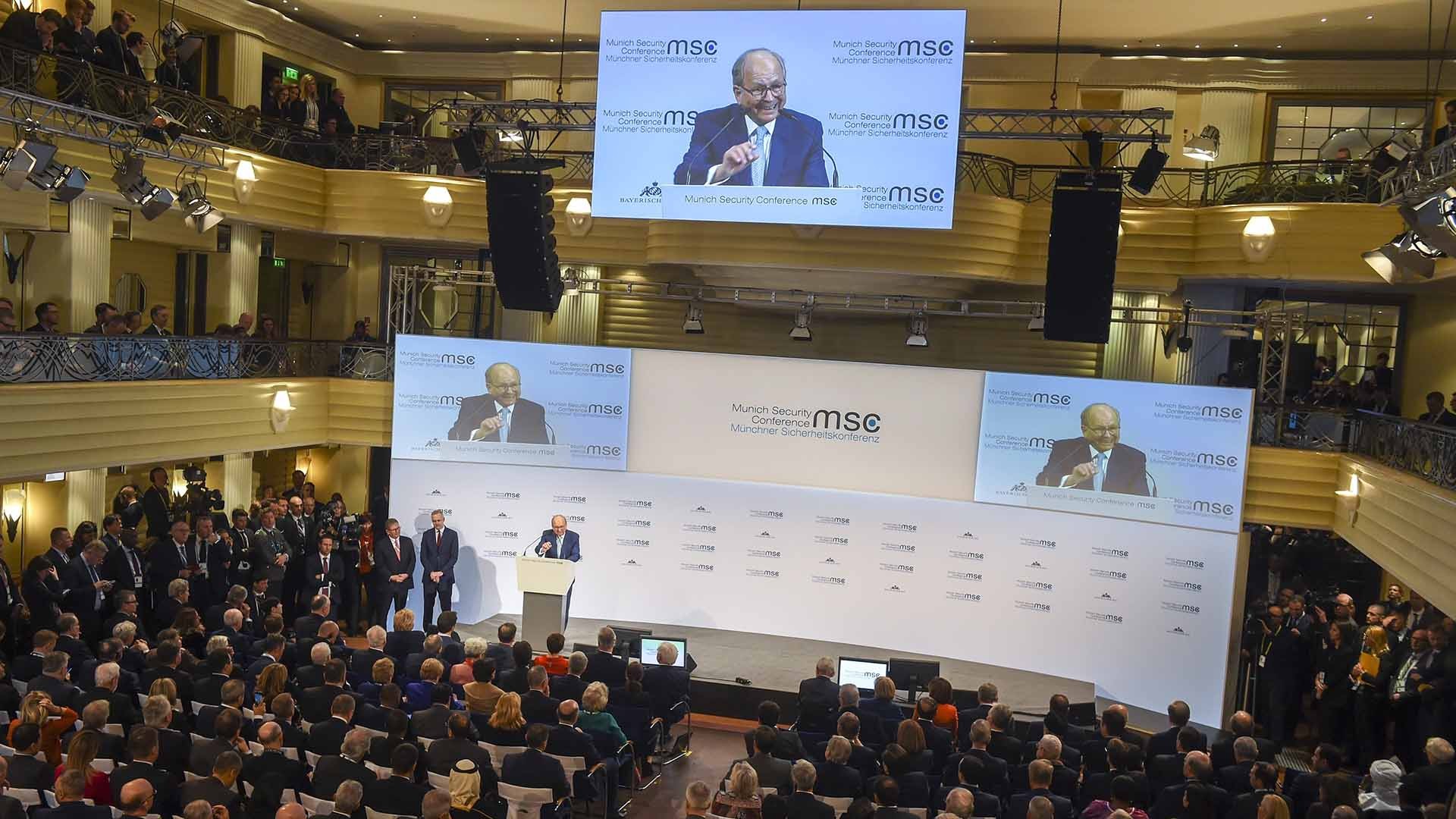 |
| The 60th Munich Security Conference took place from February 16-18 in Munich, Germany. (Source: AFP) |
Munich Security Conference
The Munich Security Conference (MSC) is the world's leading security forum discussing international security policy, held annually in Munich, Germany since 1963.
This is where delegates make formal and informal diplomatic proposals to help address the world's most pressing security issues.
The first MSC was held in 1963 between the leaders of Germany and NATO member states in the context of the Cold War - known as the “transatlantic family meeting”.
Each year, the MSC brings together over 450 influential delegates, senior policy makers and leading thinkers from around the world. The MSC’s attendance each year is diverse, including heads of state, ministers, military and intelligence leaders, top diplomats, prominent figures from international and non-governmental organizations, senior representatives from industry, media, research and think tanks.
The MSC's goal is to build trust and contribute to the peaceful resolution of military conflicts through sustained, selective dialogue.
The MSC not only provides a space for intensive, in-depth dialogue over three days, but also facilitates informal meetings between senior officials on the sidelines of the Summit. In addition to the main Annual Meeting in Munich, the MSC regularly organizes high-profile events to discuss specific topics/regions; and publishes the Munich Security Report as well as briefings, figures, maps and research on key international security challenges.
Although European and transatlantic in origin, MSC is now conducting geographically diverse activities and reaching out to delegates from many countries around the world. MSC also focuses on including in its discussion program the most relevant and urgent security challenges facing the world across a wide range of security areas from military to economic, environmental, and human.
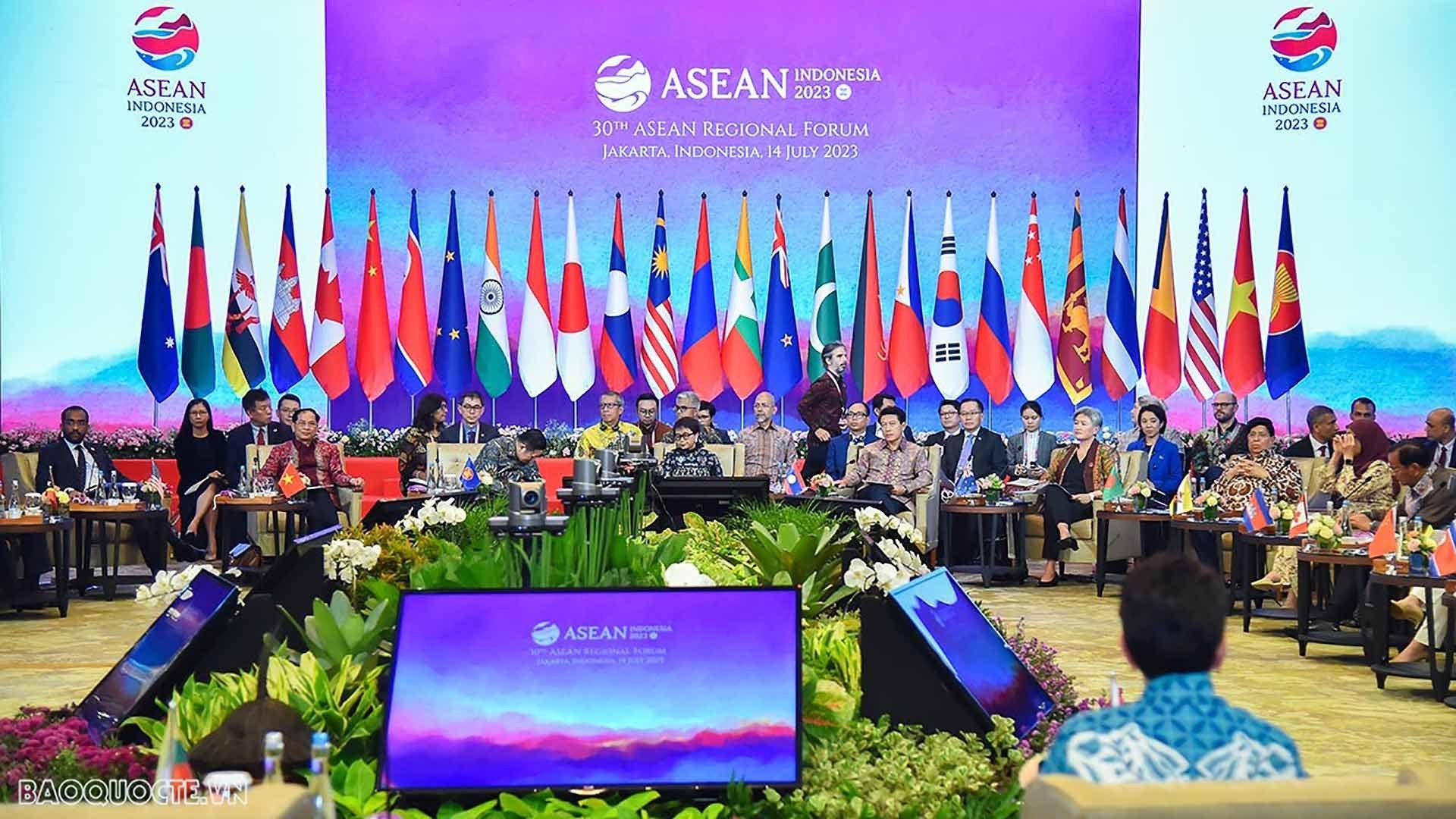 |
| Foreign Minister Bui Thanh Son and Foreign Ministers of ASEAN countries and Dialogue Partners attend the 30th ASEAN Regional Forum in Jakarta, July 2023. (Photo: Tuan Anh) |
ASEAN Regional Forum
Held since 1994 in Bangkok, Thailand, the ASEAN Regional Forum (ARF) is an ASEAN-led mechanism that serves as an important forum for dialogue on security issues in the Asia-Pacific. At the Forum, delegates discuss current security issues and jointly develop cooperative measures to enhance regional peace and security.
Delegates attending the ARF come from 27 countries, including 10 ASEAN member countries and 10 dialogue partners: Australia, Canada, China, the EU, India, Japan, New Zealand, South Korea, Russia and the United States; one observer country is Papua New Guinea and the countries are partial dialogue partners: North Korea, Mongolia, Pakistan, Bangladesh, Sri Lanka and Timor Leste. The forum is chaired by the rotating ASEAN Chair.
ARF operates on the principles of frank dialogue and consensus-based decision-making, non-interference and gradual progress.
The objectives of the ARF include promoting constructive dialogue and consultation on political and security issues of mutual concern and interest; and making a significant contribution to confidence-building and preventive diplomacy in the Asia-Pacific.
Over the past two decades, ARF has achieved many achievements, contributing to maintaining peace, security and cooperation in the region through creating habits of dialogue and consultation between parties on political and security issues.
In general, the ARF serves as a consultative forum, promoting open and transparent dialogue on political and security cooperation in the region, thereby helping to build trust and develop a network connecting security officials of countries.
Shangri-La Dialogue
The Shangri-La Dialogue (SLD), also known as the Asia Security Summit, has been held annually in Singapore since 2002.
This is the leading defense dialogue mechanism in Asia, organized by the independent think tank International Institute for Strategic Studies (IISS) headquartered in London, UK. SLD was born in the context of Asia-Pacific countries needing to sit together in a forum to dialogue, build trust and promote practical cooperation on security.
SLD brings together policymakers, ministers and senior defense officials from across the Asia-Pacific, North America, Europe and the Middle East, as well as business leaders, security experts and scholars, representatives of non-governmental organizations and the media.
Each year, the Dialogue discusses the most pressing regional security issues and parties share their policy responses.
The SLD agenda includes plenary sessions chaired by ministerial-level officials (open discussion), small group discussions (closed discussion), a keynote speech by a senior official of a country and other speeches, and bilateral and multilateral meetings on the sidelines of the Dialogue. The SLD does not require the adoption of a joint statement or reaching consensus at the end of the Dialogue. Throughout its history, the SLD has played a major role in promoting defense diplomacy among participating parties.
Beijing Xiangshan Forum
Originally named the Xiangshan Forum, it was initiated by the China Association of Military Science (CAMS) in 2006 as a Track 2 scholarly forum for dialogue on security issues in the Asia-Pacific region.
The Forum was developed into Track 1.5 at the Fifth Forum held in 2014. Since then, the Forum has begun to have broader participation of defense and military leaders of countries, heads of international organizations, former politicians and retired military generals, as well as prominent scholars from within and outside the Asia-Pacific region.
Since 2015, the Xiangshan Forum has been co-organized by CAMS and the China Institute for International Strategic Studies (CIISS), and was renamed the Beijing Xiangshan Forum in 2018.
To date, the Beijing Xiangshan Forum has developed into a high-level security and defense forum in the Asia-Pacific and has increasingly affirmed itself as an important security forum in the region and the world.
The 10th Beijing Xiangshan Forum will take place from October 29-31, 2023 in Beijing, with the participation of more than 100 countries and international organizations, and more than 1,800 delegates, including leaders of the Ministry of National Defense, military, and academic experts from various countries. This is the first time the forum has been held in person since the Covid-19 pandemic broke out in 2019.
Raisina Dialogue
The Raisina Dialogue is India’s flagship multilateral forum for discussing foreign policy, geopolitical and geostrategic issues. It has been held annually in New Delhi since 2016. It is co-organized by the Ministry of External Affairs of India in collaboration with the Observer Research Foundation (ORF), a leading independent think tank in India, with support from other research institutes, organizations and individuals.
The Raisina Dialogue aims to connect global actors with Asia and Asia with the world. It was launched soon after Prime Minister Narendra Modi assumed office, with his foreign policy focus on increasing India’s influence and diplomatic engagement in the world.
The Raisina Dialogue had a diverse audience, including heads of state, ministers, local government officials, business leaders, major private sector thinkers, media, experts, academics and representatives of non-governmental organizations.
Each year, delegates attending the Dialogue discuss the world situation and opportunities for cooperation on a wide range of contemporary security issues.
The Raisina Dialogue discussions are interdisciplinary and multi-stakeholder in nature.
Hanoi Forum on the Future of ASEAN (HFA)The first Hanoi Forum on the Future of ASEAN (HFA) is scheduled to be held in Hanoi in April 2024. This is a large-scale semi-official multilateral dialogue mechanism, hosted by Vietnam annually from 2024. The forum is expected to discuss and forecast the regional situation and the future of ASEAN's comprehensive development across all three Community pillars. HFA will be attended by politicians, experts, and leaders of leading businesses from ASEAN and partner countries. Within the framework of the Forum, there will also be a number of side events such as the ASEAN Young Leaders' Forum and the ASEAN Business Forum. |
Source



![[Photo] Summary of parade practice in preparation for the April 30th celebration](https://vstatic.vietnam.vn/vietnam/resource/IMAGE/2025/4/11/78cfee0f2cc045b387ff1a4362b5950f)
![[Photo] Prime Minister Pham Minh Chinh chairs meeting to discuss tax solutions for Vietnam's import and export goods](https://vstatic.vietnam.vn/vietnam/resource/IMAGE/2025/4/10/19b9ed81ca2940b79fb8a0b9ccef539a)

![[Photo] Phuc Tho mulberry season – Sweet fruit from green agriculture](https://vstatic.vietnam.vn/vietnam/resource/IMAGE/2025/4/10/1710a51d63c84a5a92de1b9b4caaf3e5)

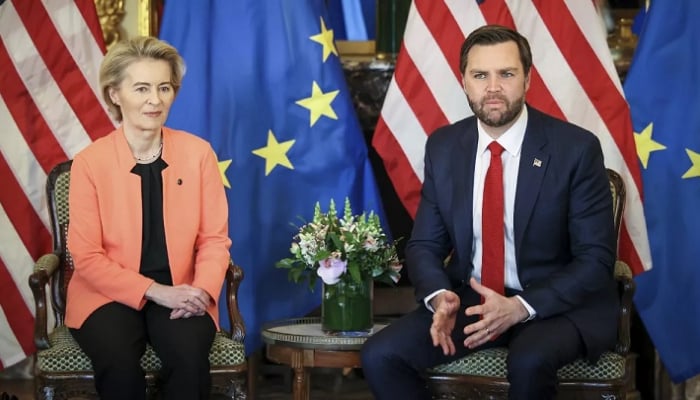

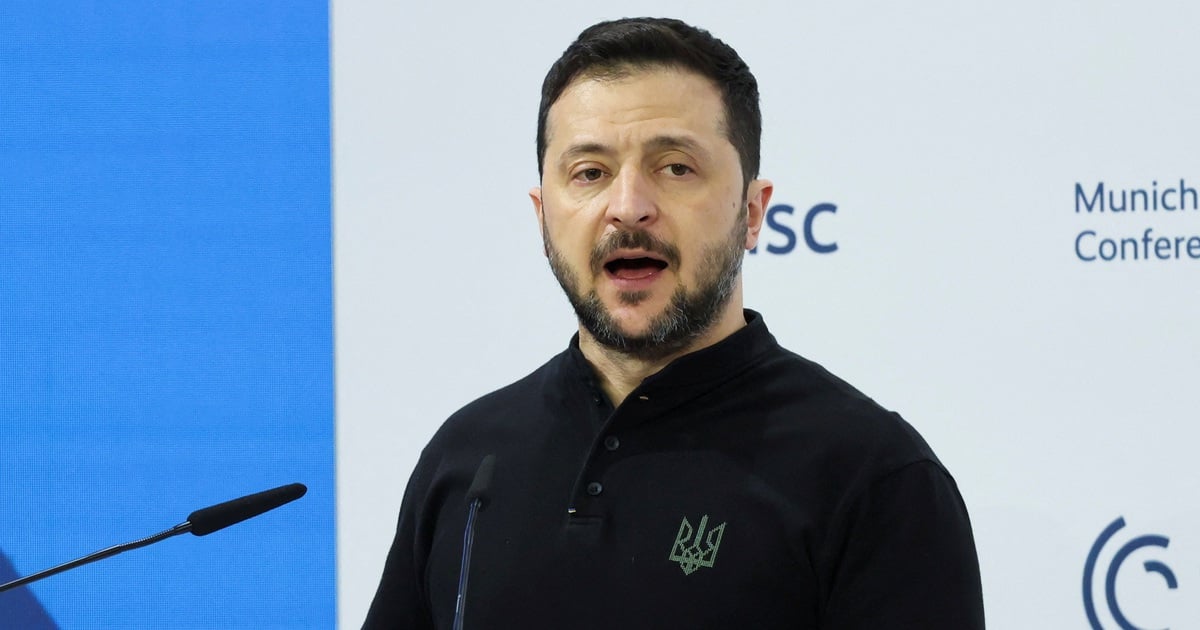

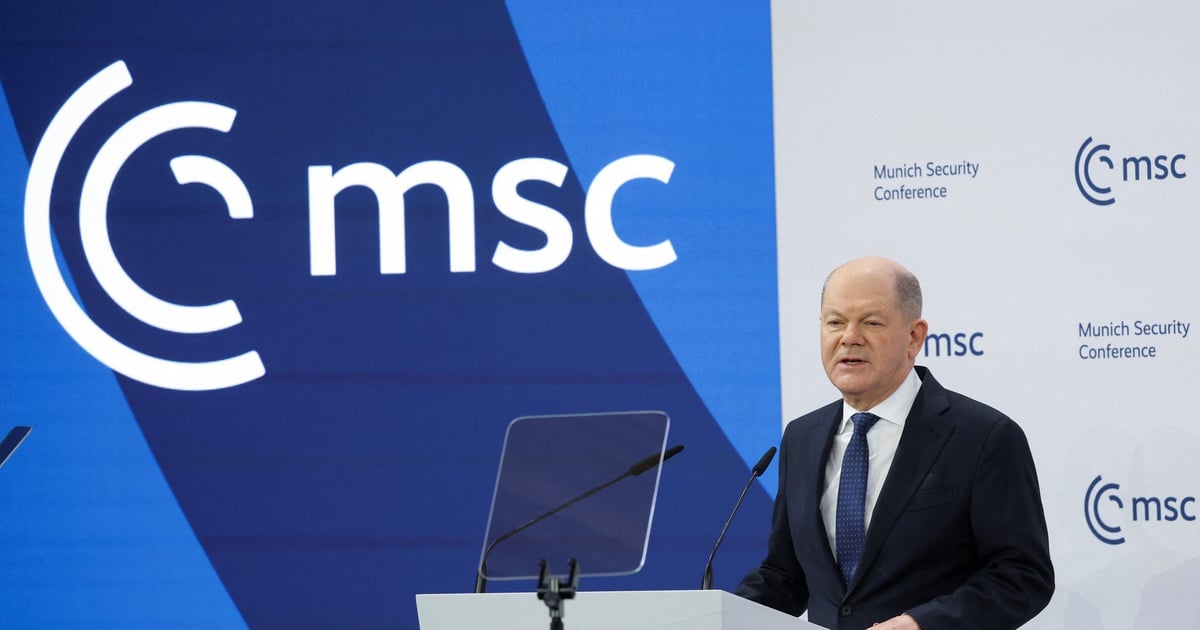
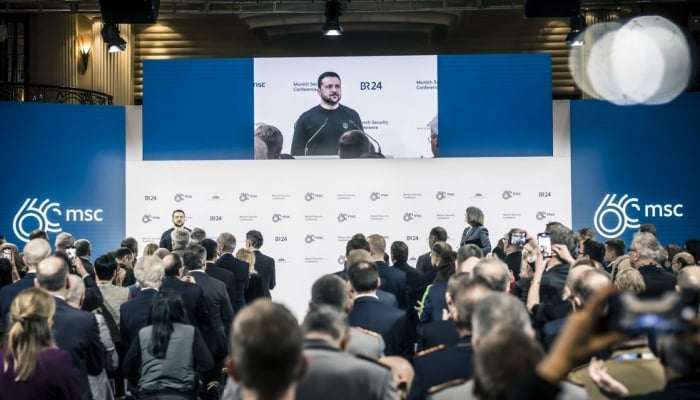
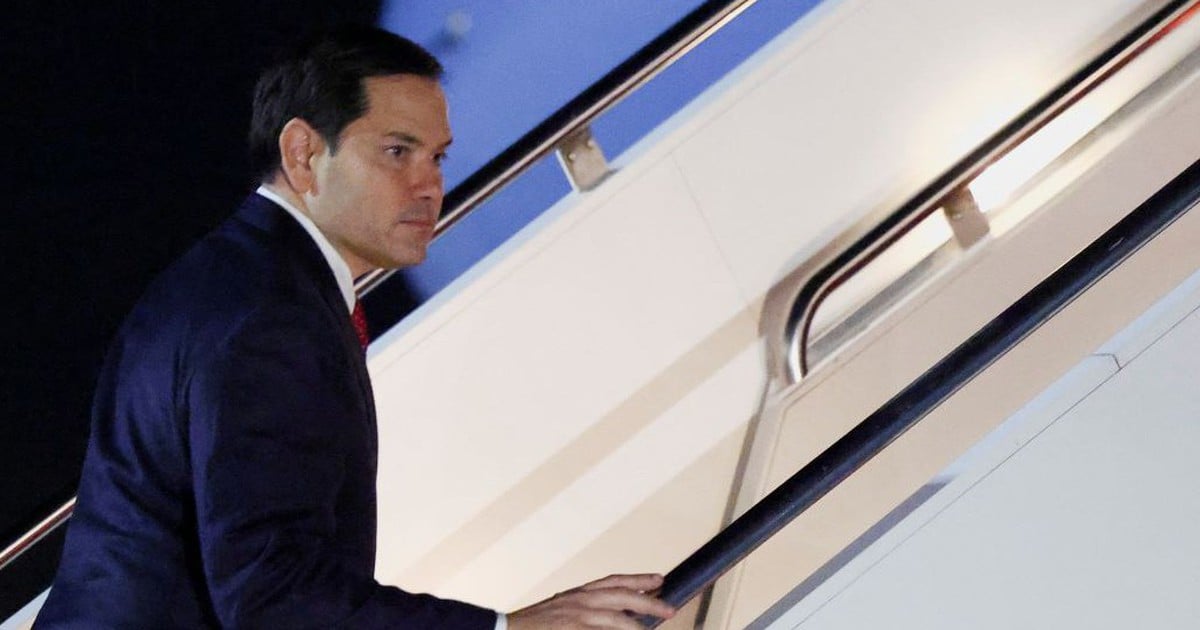
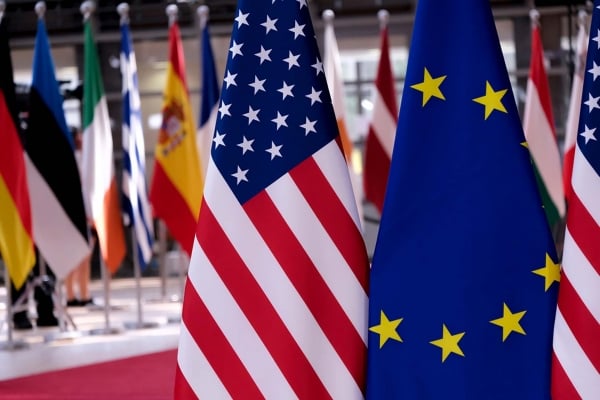





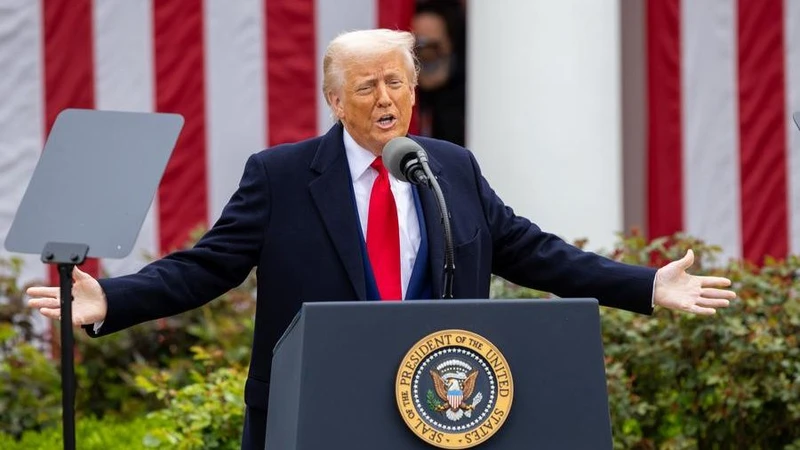






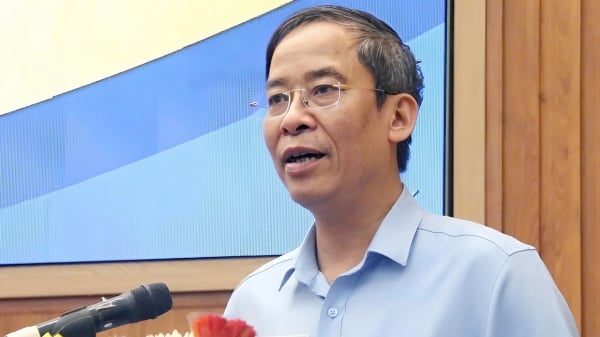
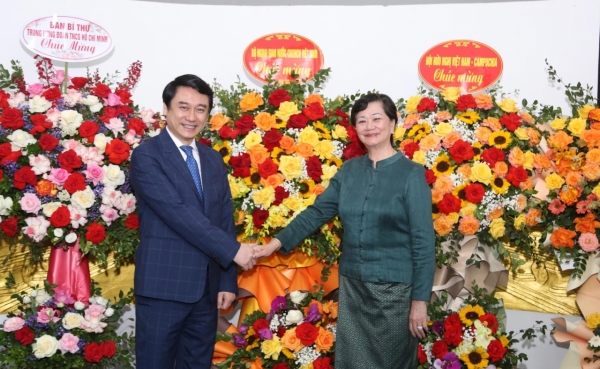
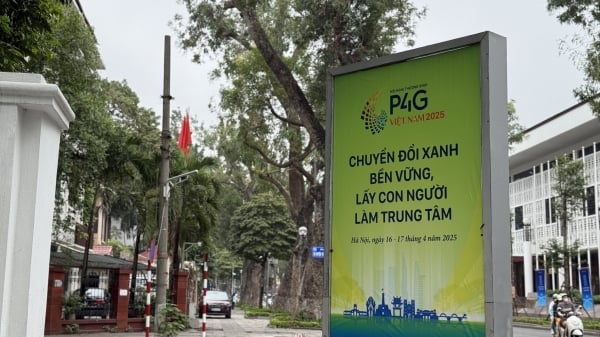
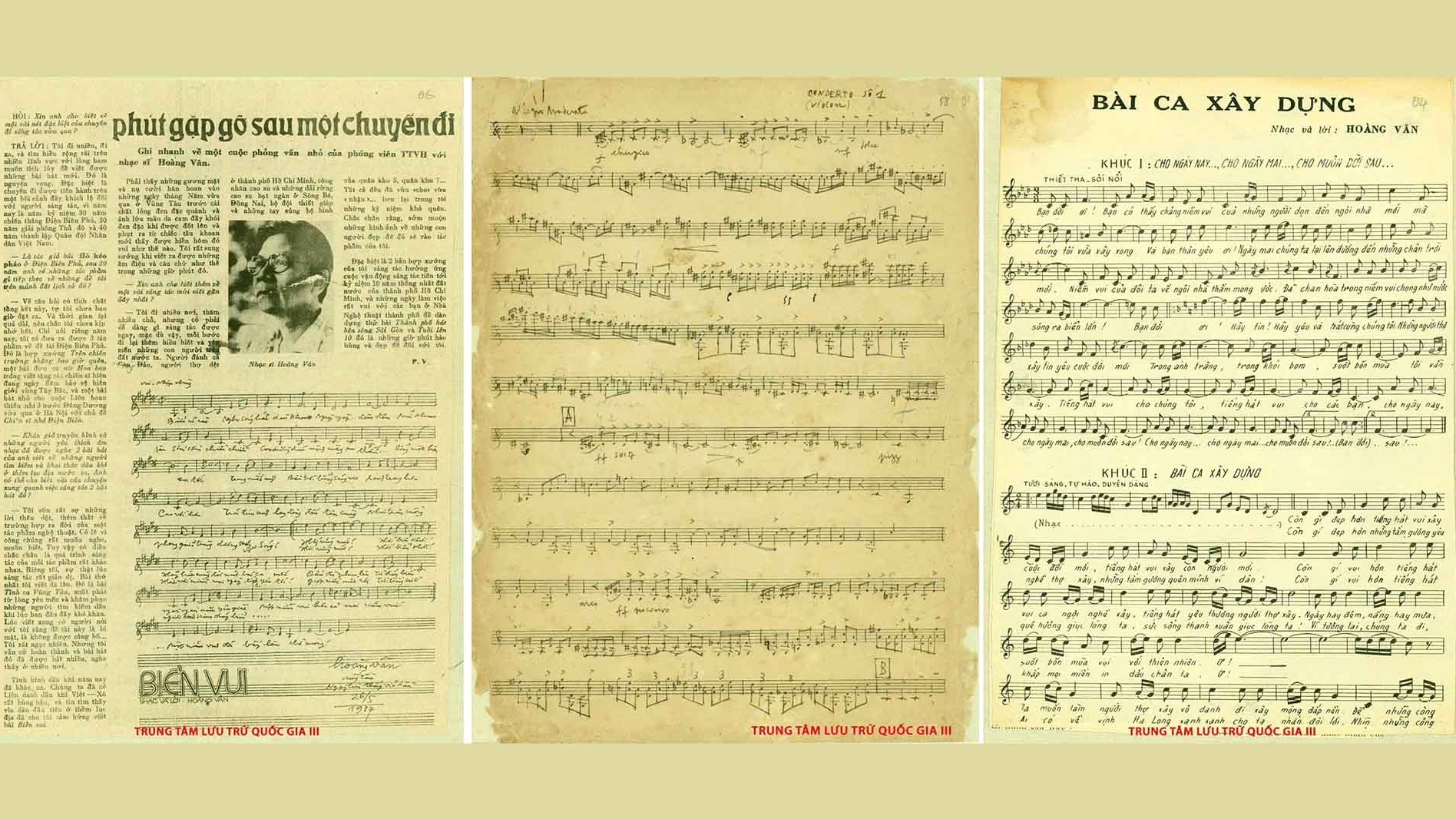






























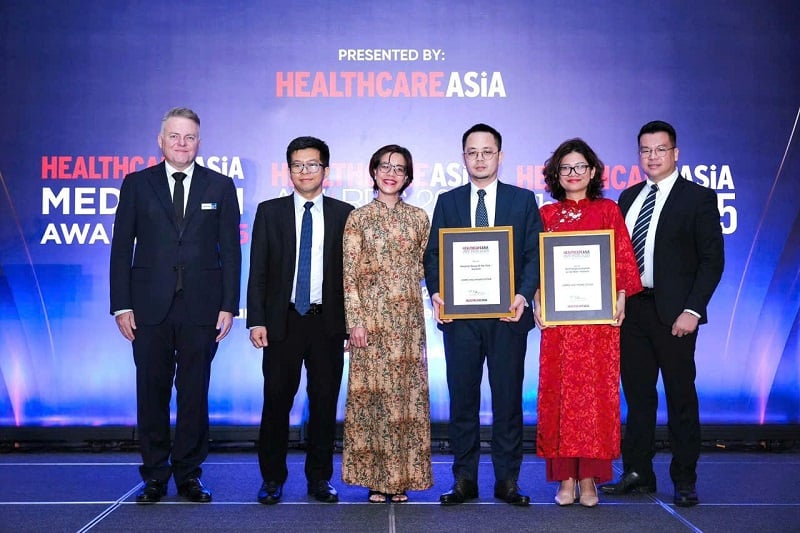

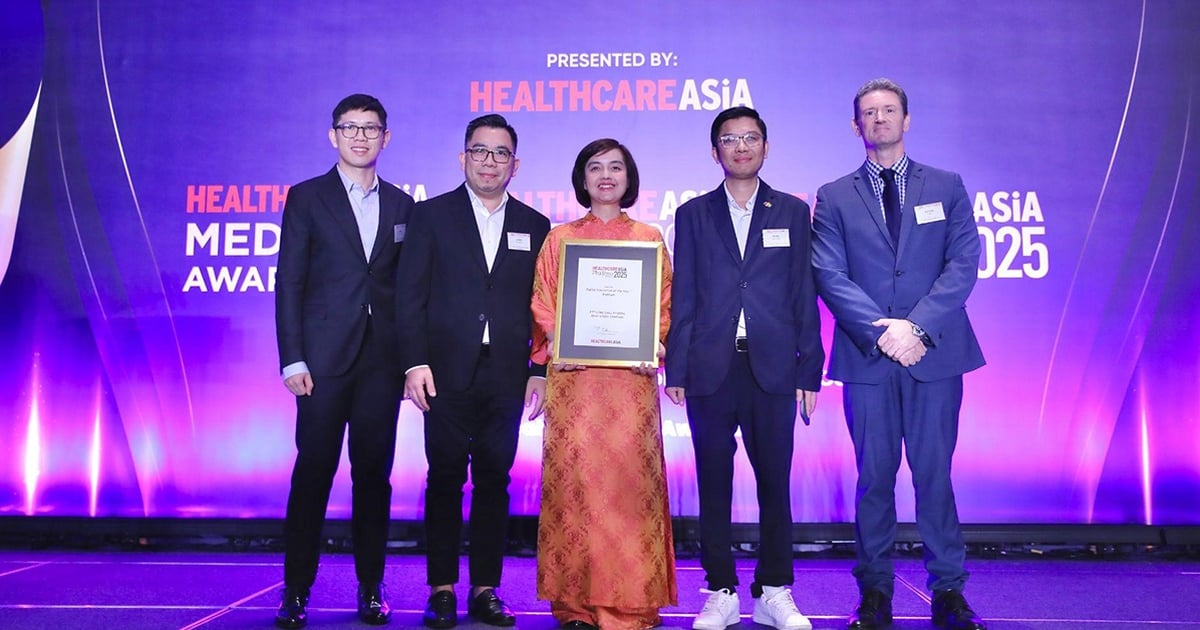






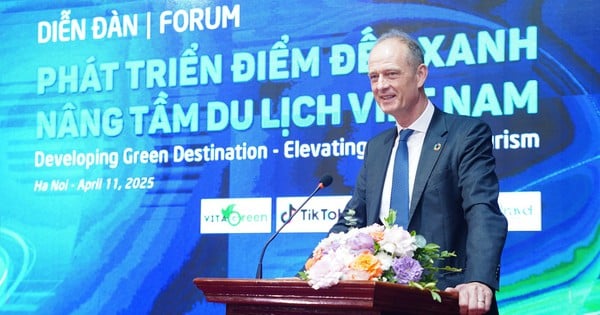


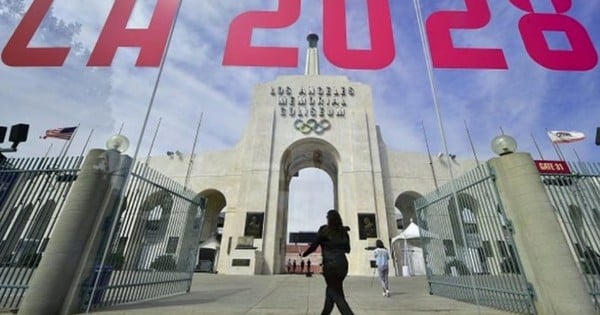



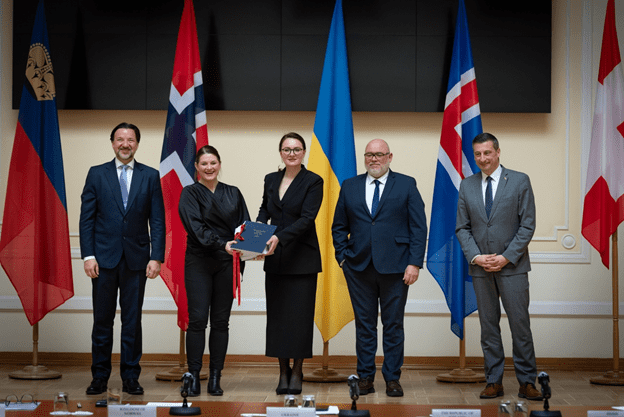
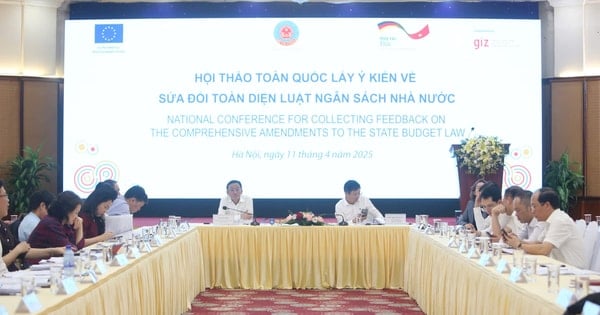

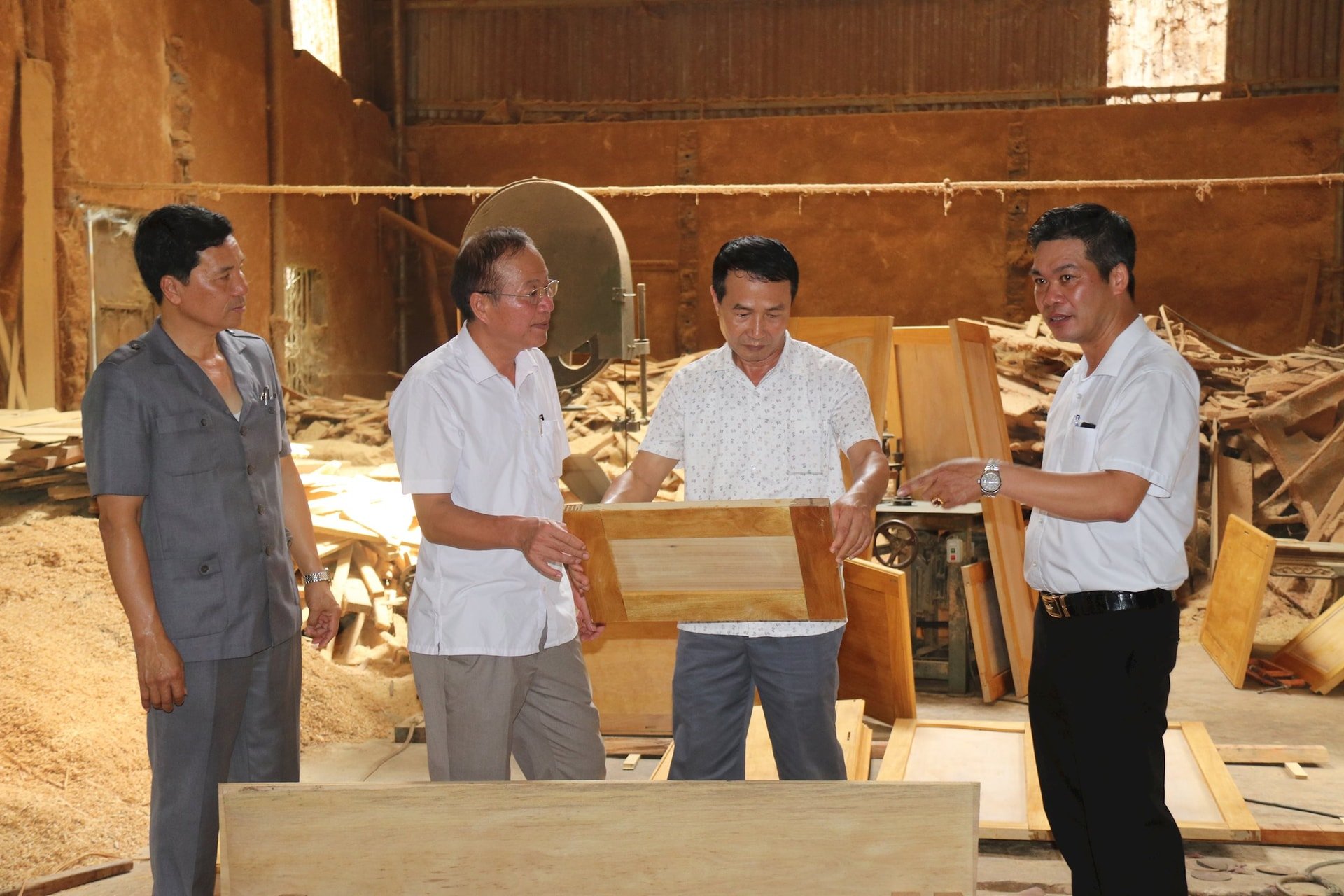

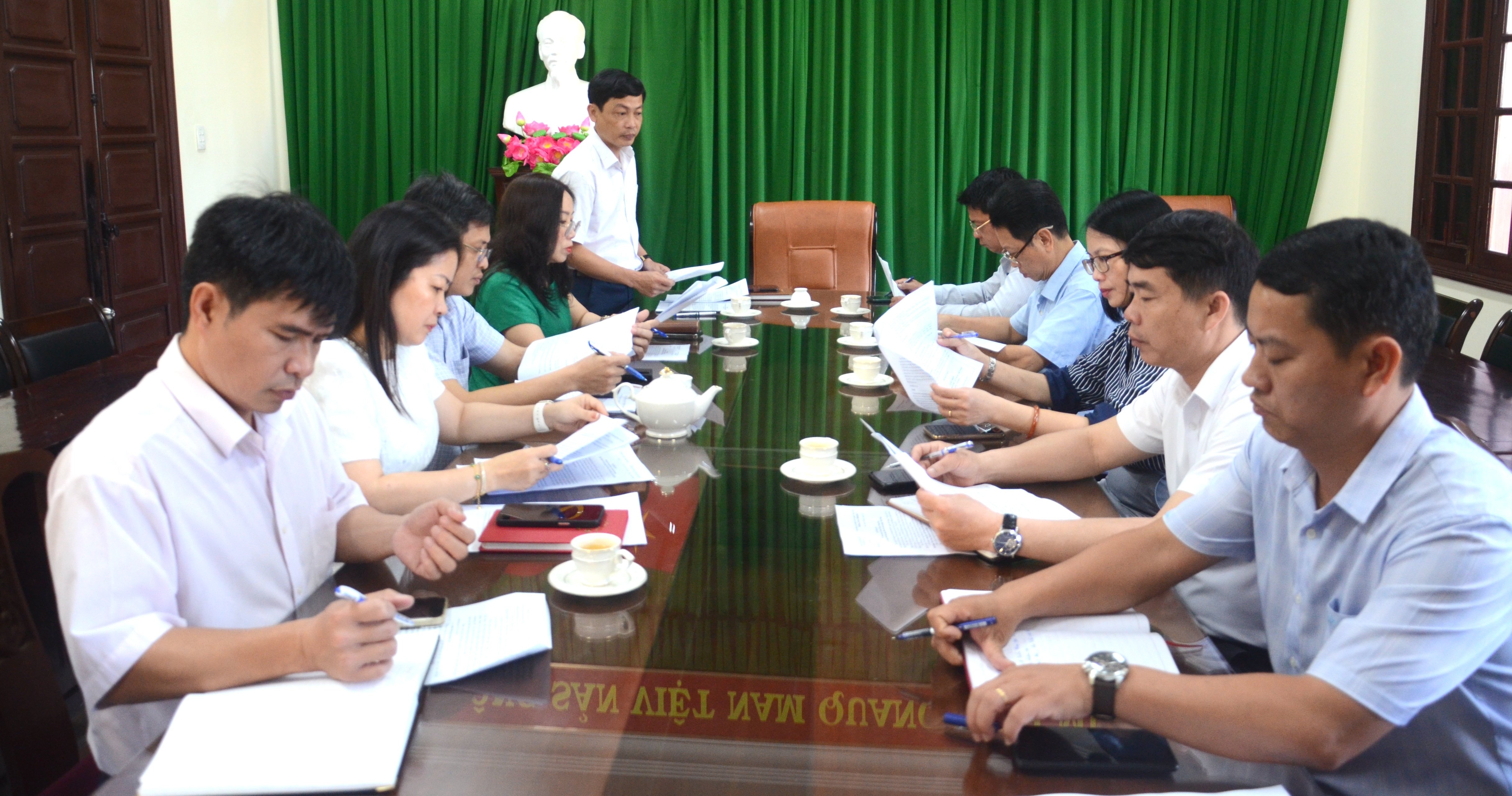

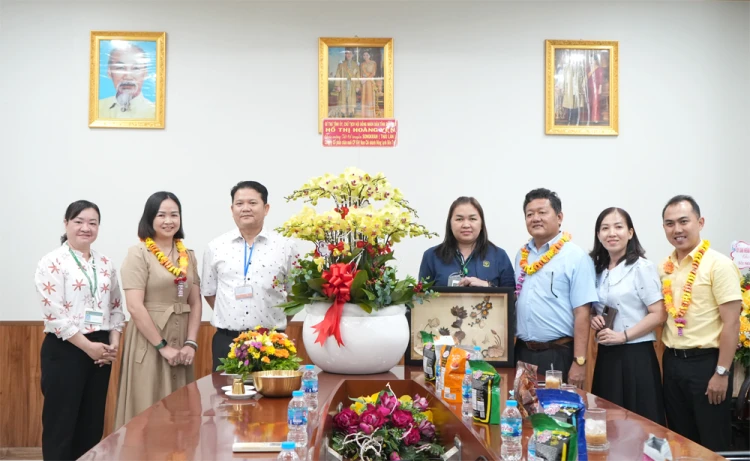

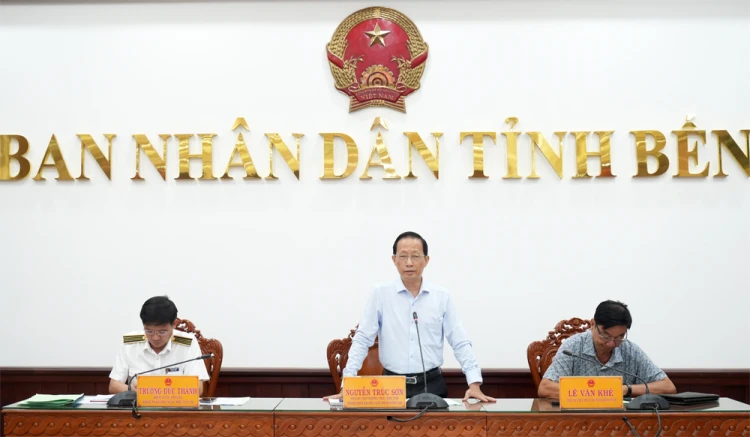
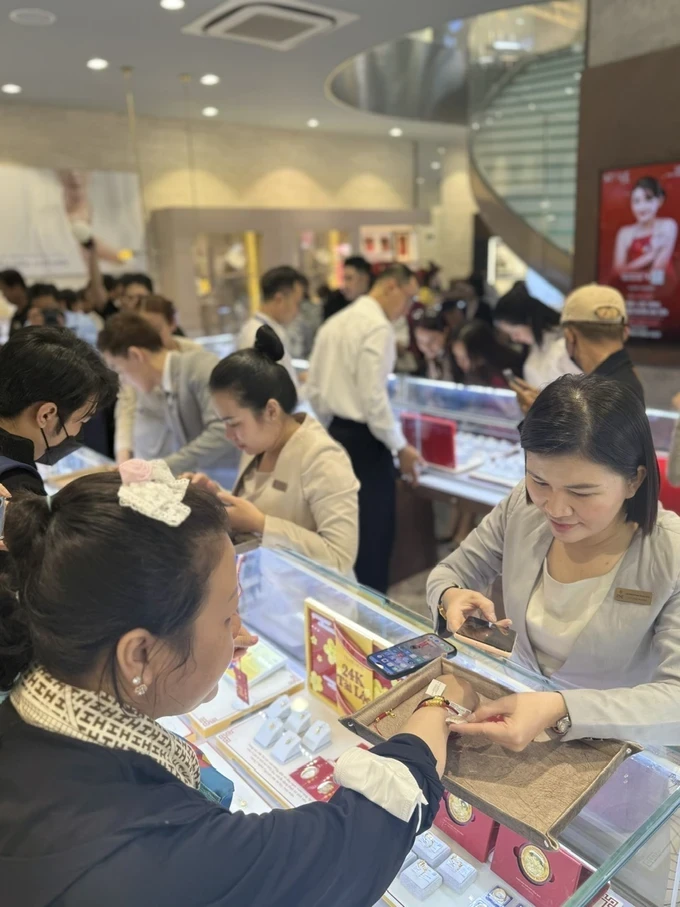








Comment (0)